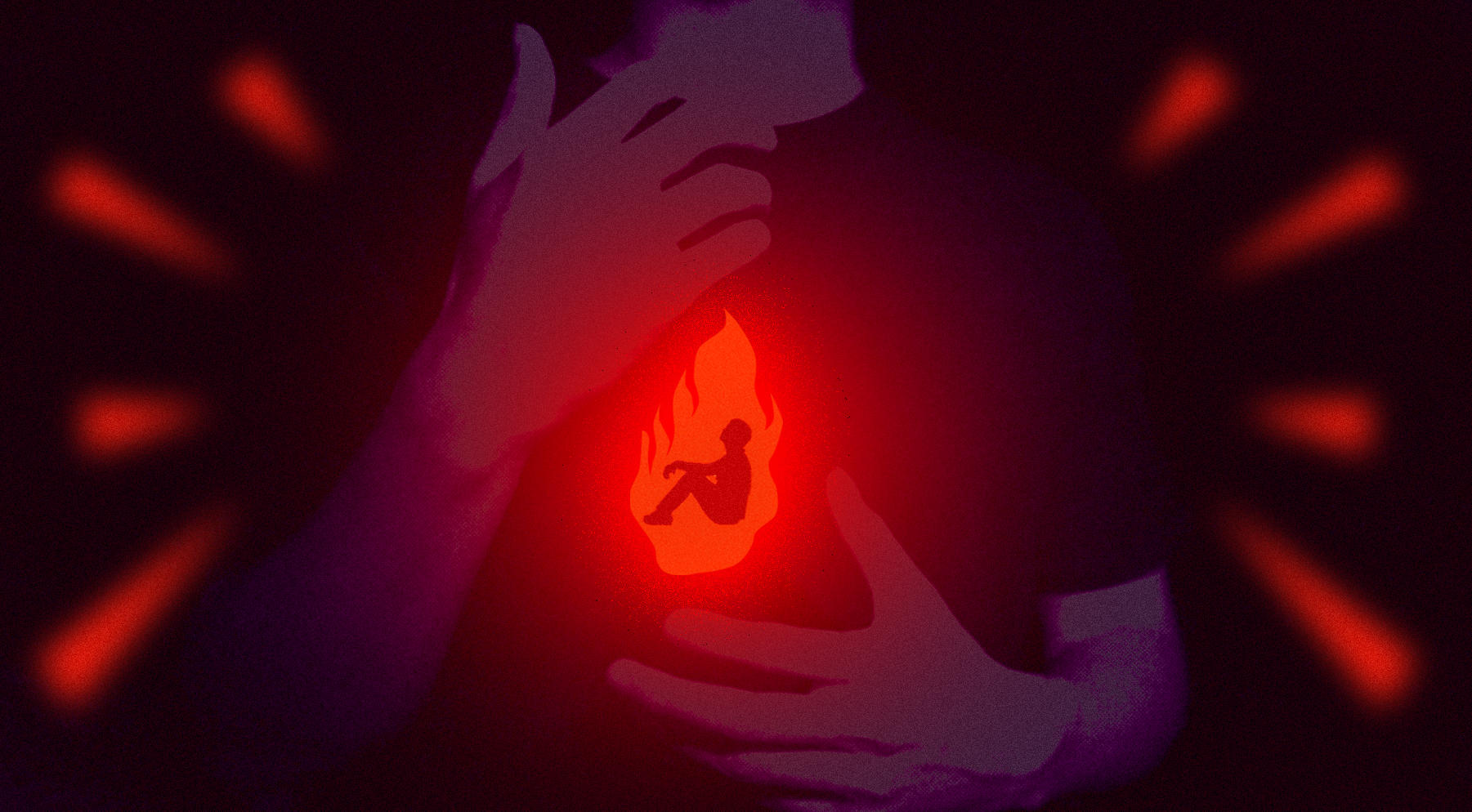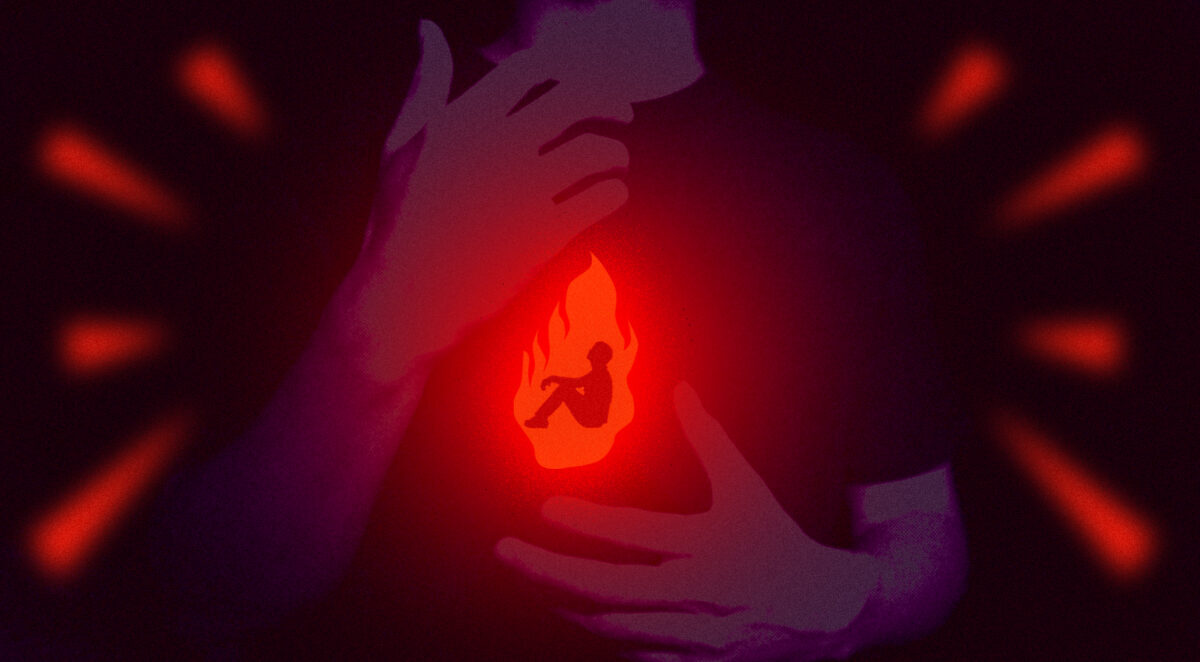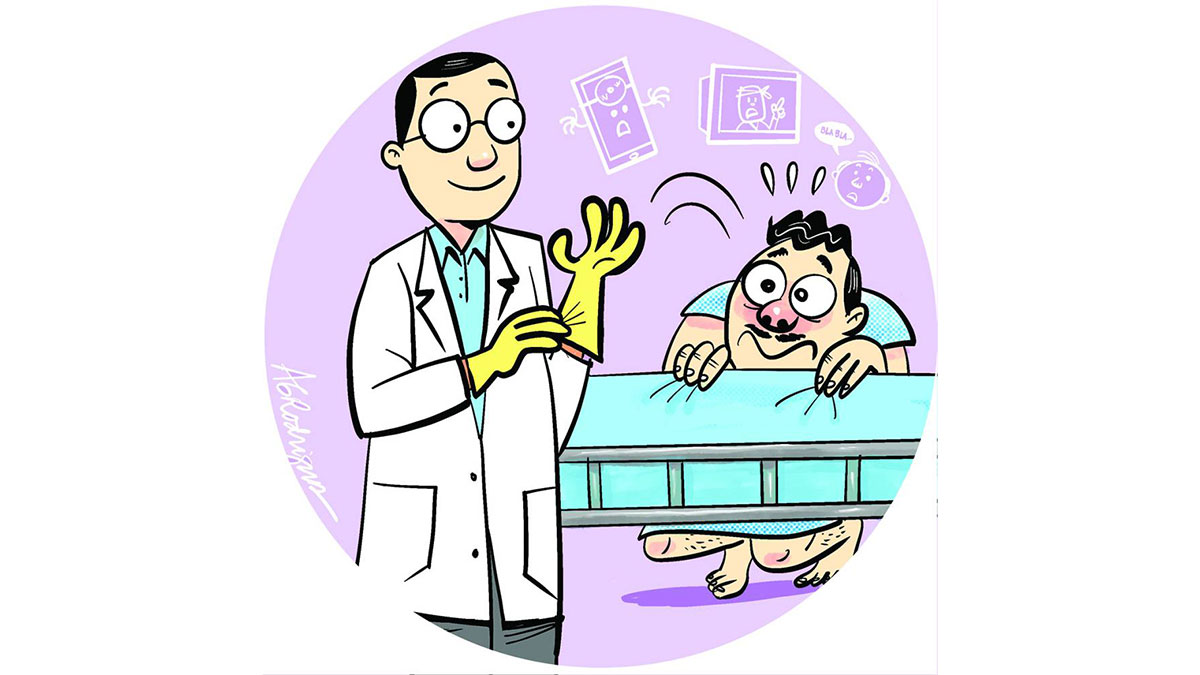In a recent interview by Inquirer Entertainment columnist Ruben Napoles, veteran Hollywood actress Goldie Hawn said, “Our children are overstressed. A lot of them are on psychotropic (i.e. psychedelic) drugs. This isn’t just in the United States.”
Indeed, psychedelic (also called psychoactive) drugs have quietly invaded Philippine society without anybody, much less the authorities, noticing them. The government’s battle against drugs seems to be limited exclusively to shabu.
But psychedelic drugs are as dangerous as shabu. That’s why they are illegal in 170 countries, including the Philippines, which is a signatory to the 1971 United Nations Convention on Psychedelic Drugs.
Manifesting
The term “psychedelic” comes from two Greek words “psyche” meaning soul or mind, and “delein” to manifest. Thus, psychedelic means “soul (or mind) manifesting.” The term implies that the drug “can access the soul and develop unusual potentials of the human mind.”
There are many varieties of psychedelic or psychoactive drugs that are popular since the early ’60s such as LSD, mescaline (found in peyote cactus plant), psilocybin and MDMA (or ecstasy).
Its latest and most potent incarnation is DMT (Dimethyltryptamine) contained in the Amazon brew called Ayahuasca.
I find it alarming that this dangerous, highly potent drug is being peddled and promoted as a magical doorway to spiritual enlightenment and awakening akin to cosmic consciousness. The internet is full of such messianic messages, especially YouTube.
Hallucinogen
DMT has been called the “biggest secret they don’t want you to know,” where you can “experience the impossible, awaken your Kundalini and your third eye.” It has been called the “spirit molecule” because it supposedly awakens your true spiritual nature and brings about cosmic consciousness or “Samadhi.”
This is not necessarily true. DMT produces “long lasting (over three hours), deep metaphysical experience similar to that of psilocybin mushroom—but more intense.” The drug is also known to interact with antidepressants. The experience varies from individual to individual.
Ayahuasca produces hallucination and delusions. In a study conducted in 1990-1995, University of New Mexico psychiatrist Rick Strassman found that “some volunteers injected with high dosage of DMT reported experiences with perceived alien entities,” and visiting other worlds. These “beings of light” appeared to be expecting them.”
Other studies show DMT “can induce profound time dilation, visual and auditory illusions and other experiences that defy verbal or visual description. Some report intense erotic imagery and sensations.”
Its physical and psychological effects include vomiting, nausea, fear, paranoia, tremors, and other strange physical sensations. Users see physical objects change shape or morph. They feel sensations that seem real but are not.
What an Ayahuasca or DMT user experiences is unpredictable—depending on the personality of the user, the environment, setting and the people around them.
Like LSD, psilocybin and other hallucinogenic drugs, DMT “produces its effects though the action of the serotonin receptors in the brain. They produce perception-altering effects by acting on the neural circuitry in the brain that use, serotonin. The more prominent effects occur in the prefrontal cortexan area—involved in mood, cognition, and perception as well as other regions regulating arousal and psychological response to stress and panic.”
Because the chemical DMT is found in its natural state in the brain of humans (and other mammals) in small quantities, it has been theorized that it is responsible for the spiritual awakening that Eastern mystics and masters experience when it is stimulated or awakened by deep meditation and other spiritual practices. Using DMT, it is believed, shortcuts the process. One can have a choice of instant spiritual enlightening instead of decades of sitting still in a lotus position on a mountain top or in a temple.
DMT or Ayahuasca has been described as an “entheogen,” meaning “spiritually enhancing agent.” But it is also “hallucinogenic” or “inducing hallucinations.”
DMT is a “psychomimetic” or “psychogenic” drug, meaning it “mimics psychosis.” But, in fact, it makes one temporarily psychotic with auditory and visual hallucinations, as well as delusions experienced by psychotics.
To mimic something or somebody means imitating the actions, thinking and behavior of that thing or person. If I am an actor mimicking an insane person, I will imagine and act like him.
But when under the influence of DMT, you don’t think you are mimicking or imitating psychotic behavior, but actually become psychotic, if only temporarily. Sometimes, according to some reports, the effect becomes permanent.
The use of psychedelic drugs became popular in the ’60s counterculture or hippie community, when Harvard professor Timothy Leary and others began experimenting with LSD and writing about it. They were dismissed by Harvard because one of them gave the drug to an undergraduate student. Leary then began to promote its use for medicinal and healing purposes.
A decade earlier, writer
Aldous Huxley took a hallucinogenic drug, “psilocybin,” and wrote down his experience in a book titled “Doors
of Perception.”
Alarming
What makes Ayahuasca or DMT alarming is that its promoters are like religious crusaders who claim to have found the secret of enlightenment and spiritual awakening by using the drug.
I am not completely against the use of Ayahuasca or other psychedelic drugs. It may be safe when done under the guidance of an experienced shaman or native medicine men in the Amazon jungles, Mexico or Peru. To toy with the delicate brain is to court disaster.
E-mail jaimetlicauco@yahoo.com or visit www.innermindlearning.com.











































